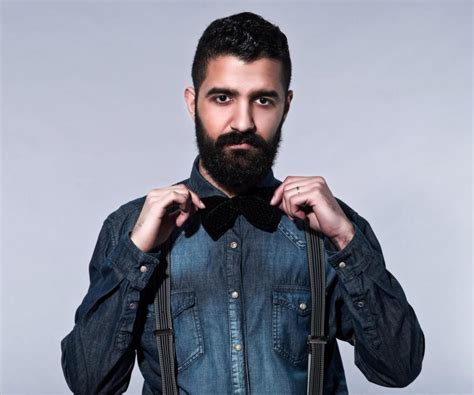Navigating the Masculine Paradox: Intimacy vs. Expectation
The modern man often finds himself at a unique crossroads: navigating the ingrained expectations of traditional masculinity while simultaneously yearning for the deep, authentic emotional connection that defines a fulfilling romantic relationship. This internal conflict presents a distinct set of challenges, making the path to intimacy a complex journey of self-discovery and relational negotiation.

The Weight of Traditional Masculinity
Historically, masculinity has been associated with strength, stoicism, self-reliance, and providing for and protecting the family. Men are often taught from a young age to suppress vulnerability, avoid showing weakness, and prioritize logic over emotion. Phrases like “be a man,” “don’t cry,” or “toughen up” ingrain a narrative that emotional expression, especially of softer feelings like sadness or fear, is antithetical to being truly masculine. These traits, while valuable in certain contexts, can become significant barriers to forming deep emotional bonds.

The Innate Craving for Connection
Despite these traditional roles and the societal pressure to conform, humans are inherently social beings who crave connection. Emotional intimacy, characterized by mutual vulnerability, trust, empathy, and the sharing of one’s deepest thoughts and feelings, is fundamental to a healthy romantic partnership. It requires a willingness to drop one’s guard, to reveal imperfections, and to truly be seen and accepted—qualities that traditional masculinity often discourages.
Key Challenges Men Face
1. The Fear of Vulnerability
Perhaps the most significant hurdle is the ingrained fear that showing vulnerability equates to weakness or loss of control. Men worry about appearing “unmanly,” losing respect, or being perceived as less capable if they express fear, sadness, or uncertainty. This can lead to a protective facade of toughness that, while intended to shield, often pushes partners away and creates emotional distance.

2. Emotional Inarticulacy and Literacy
Many men are not socialized to identify, understand, or articulate their emotions effectively. Without the vocabulary or practice, expressing complex feelings can feel awkward, impossible, or even unnecessary. This emotional illiteracy can manifest as an inability to share inner experiences, leading to misunderstandings, frustration, and a sense that their partners don’t truly know them.
3. Role Conflict and Pressure
The expectation to be the strong, unshakeable provider and protector can create immense internal pressure. Admitting to stress, anxiety, or emotional needs might feel like failing in this primary role, making it difficult to lean on a partner for support and connection. This constant need to uphold a “strong” image can be exhausting and isolating.
4. Misinterpreting Intimacy
For some, intimacy might be conflated solely with physical closeness, shared activities, or problem-solving, overlooking the crucial emotional component. This can lead to frustration when a partner seeks deeper emotional sharing and the man struggles to provide it, not realizing that what’s being asked for is a different kind of connection.
5. Societal Stigma and Peer Pressure
Beyond personal fears, men often face subtle and overt societal pressures that reinforce traditional masculine norms. Jokes about men’s emotional unavailability, criticism of men who express feelings, or the stereotype of “the strong, silent type” can further discourage genuine emotional expression, creating a hostile environment for vulnerability.

The Impact on Relationships
When these challenges persist, relationships inevitably suffer. Partners may feel unheard, unloved, or profoundly disconnected. This can manifest as communication breakdowns, resentment, or a sense of loneliness even when physically together. The very intimacy desired becomes elusive, creating a cycle of frustration and unmet needs.
Moving Forward: Redefining Strength
Balancing traditional masculine expectations with the innate human need for emotional intimacy is a profound and ongoing challenge for many men. Acknowledging these hurdles is the first step towards fostering healthier, more fulfilling relationships built on genuine connection and mutual understanding. It requires a conscious effort to redefine strength not as emotional stoicism, but as the courage to be vulnerable, to embrace emotional literacy, and to truly connect with one’s partner on a deeper level. This redefinition benefits not only men but also the quality and longevity of their romantic relationships.




